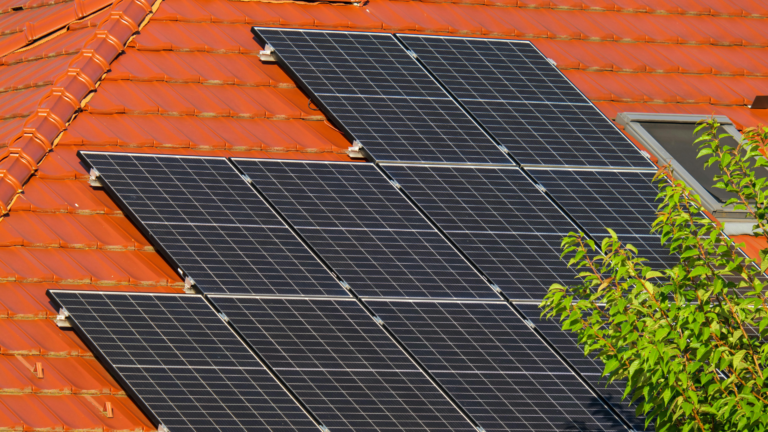Regulatory Developments in Power Trading Sector: May 7, 2025
Author: PPD Team Date: May 7, 2025

CERC reforms power trading to improve price discovery
The Central Electricity Regulatory Commission (CERC) has issued an order to reform electricity trading in India. The order addresses concerns around price discovery, liquidity, and market fragmentation across power exchanges. It applies to the Term Ahead Market (TAM), Day-Ahead Contingency (DAC), and Intra-Day contracts, and aims to enhance transparency and competition.
In the TAM segment, power exchanges must discontinue user-defined time slots, such as hourly contracts, within a week. Only pre-specified time blocks like Base/RTC and Peak/Off-Peak will be allowed. These pre-specified slots will require CERC approval following stakeholder consultation.
In the DAC segment, price discovery will shift from continuous matching to a Uniform Price Step Auction model. This is intended to prevent price manipulation. PXIL’s ‘Dynamic’ DAC contracts are discontinued with immediate effect.
Intra-Day contracts are retained but standardised. A uniform delivery timeline of 2.5 hours ahead is mandated, and a ‘Market Order’ option is introduced to improve price discovery.
For Any-Day Single-Sided (ADSS) contracts, strict limits have been imposed: bid submission must not exceed 48 hours, auctions must conclude within 2 hours, and acceptance must also occur within 48 hours. Exchanges must disclose if buyers issue duplicate requisitions across platforms.
Exchanges are now required to display bid volumes and counts for DAC and TAM contracts publicly.
The DAC reforms were prompted by high prices and low liquidity. The auction-based model is expected to improve efficiency. In TAM, overlapping time slots were found to weaken market depth, so pre-defined blocks are aimed at consolidating liquidity. In ADSS, extended acceptance periods had restricted seller participation; the reforms are expected to discourage non-serious bids.
Some DISCOMs sought flexibility in TAM slot selection, but CERC emphasized the need for standardization to avoid fragmentation. Renewable energy stakeholders supported the Green TAM slots aligned with generation profiles.
Petition No. 8/SM/2024 | Read the full order here.
Clean Max Fusion Power granted inter-State Category V trading licence by CERC
The Central Electricity Regulatory Commission (CERC) has granted a Category V inter-State electricity trading licence to Clean Max Fusion Power LLP, allowing it to trade power across all States and Union Territories. The final order was issued on 26 April 2025 after confirming compliance with eligibility norms under the Electricity Act, 2003 and the Trading Licence Regulations, 2020.
Clean Max Fusion Power is a Special Purpose Vehicle (SPV) of Clean Max Enviro Energy Solutions Pvt. Ltd. The company applied under Regulation 6(1), supported by an audited special balance sheet dated 17 January 2025, which confirmed a net worth of Rs 20 million and 1:1 current and liquidity ratios. The company also met staffing norms, with two Deputy General Managers qualified in power management and finance.
CERC granted the licence with standard conditions, including the timely commencement of trading activity, adherence to trading margin limits, and restrictions on transmission involvement.
Petition No. 313/TD/2025 | Read the full order here.
Clickpower India gets Category V inter-State trading licence from CERC
The Central Electricity Regulatory Commission (CERC) has approved Clickpower India Limited’s application for a Category V inter-State electricity trading licence. The order, issued on 26 April 2025, permits the company to trade power across all States and Union Territories.
Headquartered in Bengaluru, Clickpower met the eligibility norms under the Electricity Act, 2003, and the Trading Licence Regulations, 2020. Its audited balance sheet dated 31 December 2024 confirmed a net worth of Rs 20 million, along with 1:1 current and liquidity ratios.
The company also fulfilled staffing norms, meeting the required qualifications in power systems and finance. The licence is valid for 25 years and is subject to conditions, including adherence to trading margin norms, annual compliance reporting, and restrictions on transmission activities.
Petition No. 297/TD/2025 | Read the full order here.
KERC revises APPC to Rs 5.54/unit for FY 2024–25
The Karnataka Electricity Regulatory Commission (KERC) has revised the Average Pooled Power Purchase Cost (APPC) to Rs 5.54 per unit for the financial year 2024–25, up from the provisional Rs 4.93 per unit. The new rate, effective from 1 April 2024, reflects actual power purchase costs incurred by Electricity Supply Companies (ESCOMs) during FY 2023–24.
For FY 2025–26, KERC has provisionally set the APPC at Rs 5.54 per unit, subject to truing up once ESCOMs submit actual cost data.
The order follows the KERC (Procurement of Energy from Renewable Sources) (Seventh Amendment) Regulations, 2019. Under these rules, renewable energy generators opting for the Renewable Energy Certificate (REC) mechanism must sell power to ESCOMs at the lower of the APPC or 75% of the generic tariff for that RE source.
For FY 2024–25, ESCOMs must settle the difference between the earlier provisional APPC of Rs 4.93/unit and the revised Rs 5.54/unit—or 75% of the generic tariff, whichever is lower—in three equal installments. For FY 2025–26, the provisional APPC of Rs 5.54/unit will apply to REC-based transactions until final rates are determined.
KERC stated that the FY 2025–26 APPC is interim and will be revised based on actual power procurement costs.
Read the full order here.
For more regulatory updates, read the latest orders covered on Power Peak Digest: Energy Regulatory Updates – Power Peak Digest
Featured photograph is for representation only.



